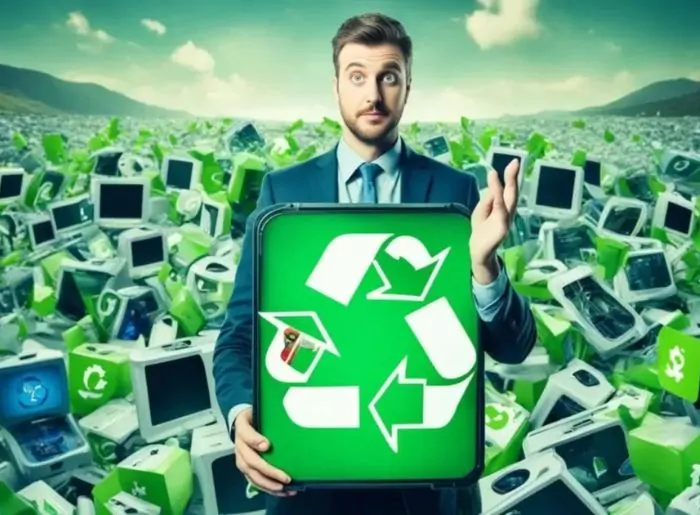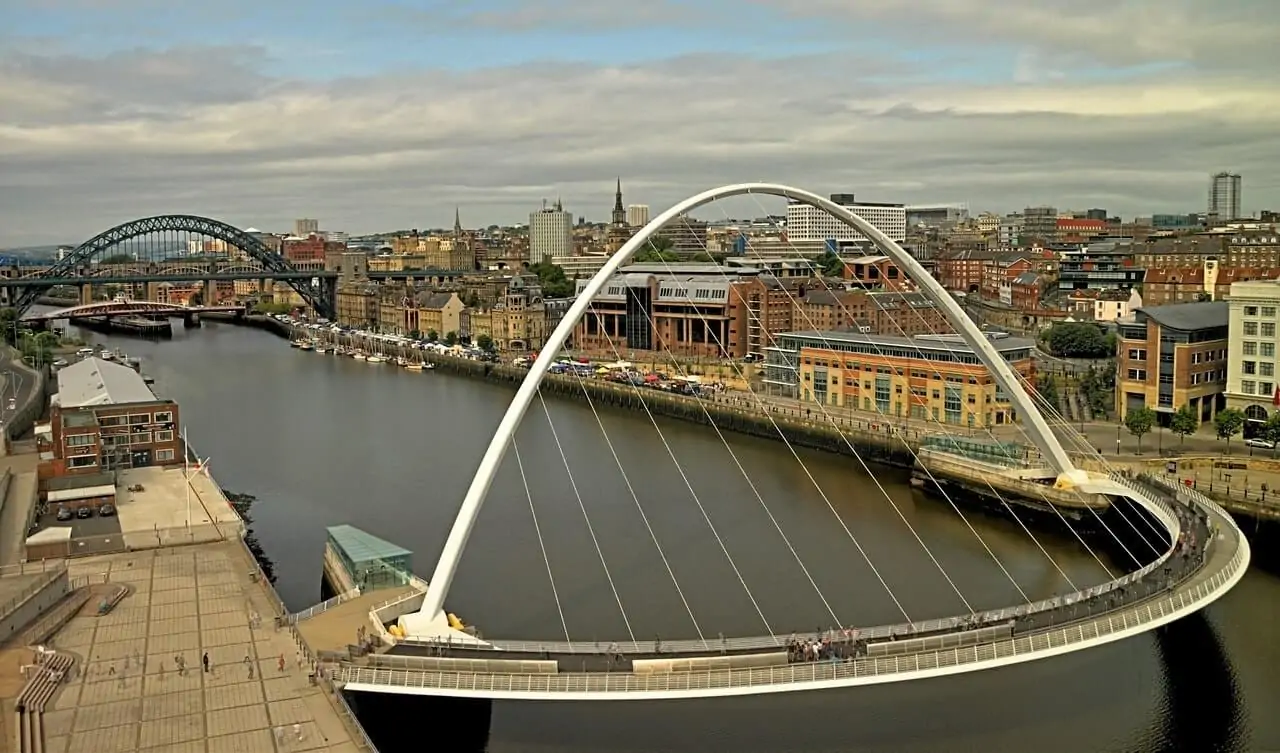Recycling is more than just a good habit — it’s a necessary step toward a sustainable future. Effective waste management ensures that waste is handled responsibly, natural resources are conserved, and communities stay clean and green. Today’s waste disposal services have evolved far beyond simple garbage collection. They include organized waste transfer stations, advanced sorting facilities, and even specialized e‑waste recycling programs to handle our growing mountains of outdated electronics.
1. Curbside Recycling: Convenience at Your Doorstep
One of the most common ways to recycle is through curbside pickup. Households and businesses sort materials like paper, cardboard, glass, and certain plastics into dedicated bins.
When collection day comes, waste disposal services gather these recyclables and transport them to local waste transfer stations, where they’re sorted and sent on for reprocessing.
This everyday action keeps tons of waste out of landfills, cuts down on pollution, and helps communities lower their carbon footprint.
2. Drop-Off Recycling Centers
Not everything fits in your curbside bin — and that’s where drop-off centers come in.
Many local waste management providers run drop-off points where you can bring large cardboard, scrap metal, bulky plastics, or household hazardous waste like old paint or batteries.
Often, these centers are connected to waste transfer stations, where your recyclables are sorted before being sent to specialized processing plants. It’s an easy, responsible way to keep hard-to-dispose-of materials out of the landfill.
3. Organic Waste and Composting Programs
Food scraps and yard waste don’t belong in the trash. Composting programs are one of the fastest-growing trends in waste management today.
Modern waste disposal services supply green bins for organic waste, which is then collected and processed at composting facilities instead of being buried in landfills.
This simple switch helps reduce methane emissions, enriches soil for farms and gardens, and closes the loop on the food cycle.
4. Construction and Demolition Recycling
Construction sites generate huge amounts of debris — but much of it can be reused.
Specialized waste management solutions for the building industry focus on separating concrete, wood, metal, and asphalt at the source. These materials are then taken to waste transfer stations, where they’re sorted for recycling.
Reusing these materials cuts down on the need for new raw resources and keeps heavy waste out of landfills.
5. E‑Waste Recycling: Solving the Electronics Problem
Tech moves fast — which means more outdated devices than ever. Unfortunately, electronics contain toxic materials that can leak into soil and water if not handled properly.
That’s where e‑waste recycling comes in. Many waste management companies run dedicated programs to collect old phones, computers, and other gadgets.
These items are dismantled at certified facilities. Precious metals like gold and copper are recovered, hazardous parts are disposed of safely, and reusable components are given new life.
Participating in e‑waste recycling keeps harmful chemicals out of the environment and recovers valuable resources that would otherwise go to waste.
6. Hazardous Waste Recycling
Paints, chemicals, batteries, and old motor oil don’t belong in your curbside bin. These are considered hazardous and need careful handling.
Responsible waste management companies host special drop-off days or run permanent collection sites for hazardous materials.
Properly recycling hazardous waste prevents leaks, contamination, and pollution — protecting your local community and water supply.
7. Commercial & Industrial Recycling
Why Commercial & Industrial Recycling Matters
Businesses and industries generate waste on a much larger scale than individual households — from piles of cardboard packaging in retail shops to scrap metal and plastic wrap in manufacturing plants. Because of this, they need customized recycling solutions tailored to their specific waste streams and volumes.
How Commercial & Industrial Recycling Works
Companies often work with professional waste management providers to design recycling plans that fit their operations. This can include separate bins and collection schedules for materials such as:
- Cardboard and paper waste
- Plastic films and wrapping
- Scrap metal
- Food and organic waste
Once collected, these recyclables are usually taken to a waste transfer station, where they’re bulked up with similar materials from other businesses. This makes transporting them to specialist recycling plants more efficient and cost-effective.
The Role of Waste Audits
Many companies also conduct waste audits — analysing what waste is produced, in what quantities, and how much can be reduced or recycled. This helps businesses:
- Reduce unnecessary waste at the source
- Save money on disposal costs
- Meet sustainability goals and legal requirements
Benefits of Commercial Recycling
By investing in commercial and industrial recycling, companies can:
- Comply with waste disposal regulations
- Reduce their environmental footprint
- Support the circular economy by keeping valuable materials in use
8. Community Education: Why It Matters
Even the best recycling programs only work if people know how to use them. That’s why many waste disposal services invest in public education.
School workshops, local recycling guides, and even tours of waste transfer stations help people see how recycling works and what they can do to help.
Good education builds good habits — and good habits build sustainable communities.
Behind the scenes, waste transfer stations are the backbone of any recycling system. These local hubs receive waste from collection trucks, sort it, and consolidate it for efficient transport to recycling plants or landfills.
By streamlining the process, transfer stations cut costs, reduce fuel use, and make sure more waste gets recycled properly instead of ending up in the landfill.
Doing Your Part: A Greener Future Starts with You
Modern waste management gives us countless ways to reduce, reuse, and recycle — but it’s up to each of us to take action.
Sort your recyclables correctly.
Use drop-off centers for items that don’t belong in your curbside bin.
Participate in e‑waste recycling drives.
Support local composting programs.
Stay informed about what your local waste disposal services offer.
Every small action adds up — protecting our communities, conserving resources, and building a cleaner, healthier future for generations to come.
Final Thoughts
The next time you take out the trash, remember: it’s not just waste — it’s a chance to make a difference.
Thanks to modern waste management, effective waste disposal services, convenient waste transfer stations, and specialized e‑waste recycling, we all have the tools to make recycling easy and impactful.



